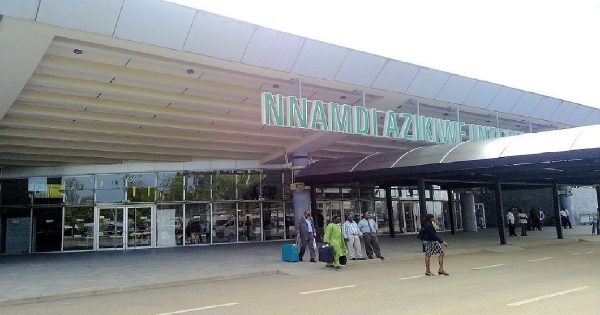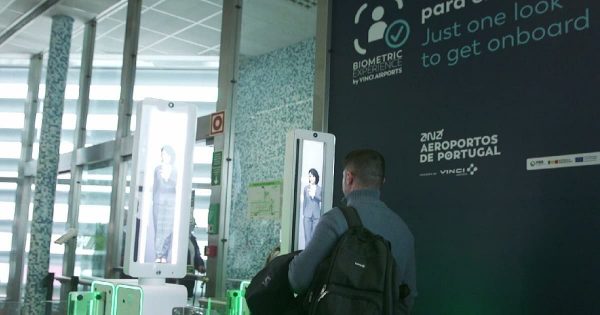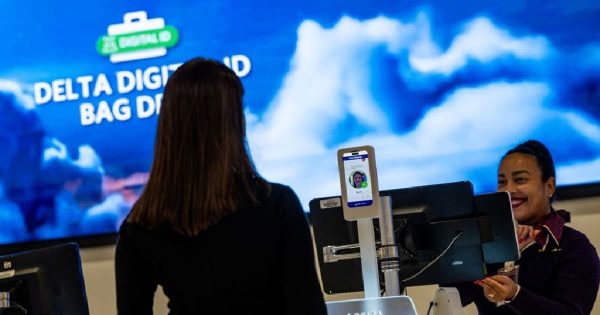Japan plans to begin testing facial recognition software at ABC e-gates at Haneda and Narita airports from Aug 4 until Sept 5
Japanese nationals holding passports with IC chips embedded in them can take part
Japan’s Ministry of Justice will begin trialing facial recognition technology for automated immigration gates at Narita and Haneda airports in August to prepare for the 2020 Tokyo Olympics.
The tests will be limited to Japanese nationals holding passports with IC chips embedded in them. The software will scan facial data from the chips and match it with photos taken of the arriving passengers at immigration gates.
The trial run will comprise of a feasibility study for photographs taken of passengers as they walk through the immigration gate, and if the results are positive, the ministry will take the system live in 2018.
The ministry will present a summary of the data to the cabinet by the end of the year and determine whether or not the software will be appropriate for permanent use.
Ministry officials said that many people arriving at Narita airport — both foreign nationals and Japanese — have complained about the long lines at immigration, especially during peak times when several aircraft arrive one after the other. Adding to the delays are numerous cases where fingerprint scanners don’t work the first time.
Held from August 4 through September 5, excluding weekends, the tests will feature five participating companies.
Previous biometric checks
The ministry previously offered automated gates with fingerprint technology, however, passengers must register to use the system and the number of users has slowed down in recent months.
But with the upcoming Olympics less than six years away, the ministry thought it would be a wise choice to implement a new, more rapid screening system to diminish airport crowding.
In 2012, the ministry tested the system, which failed to recognize roughly 17 percent of the 29,000 people it scanned. The results led to the decision by officials to temporarily postpone the project.







